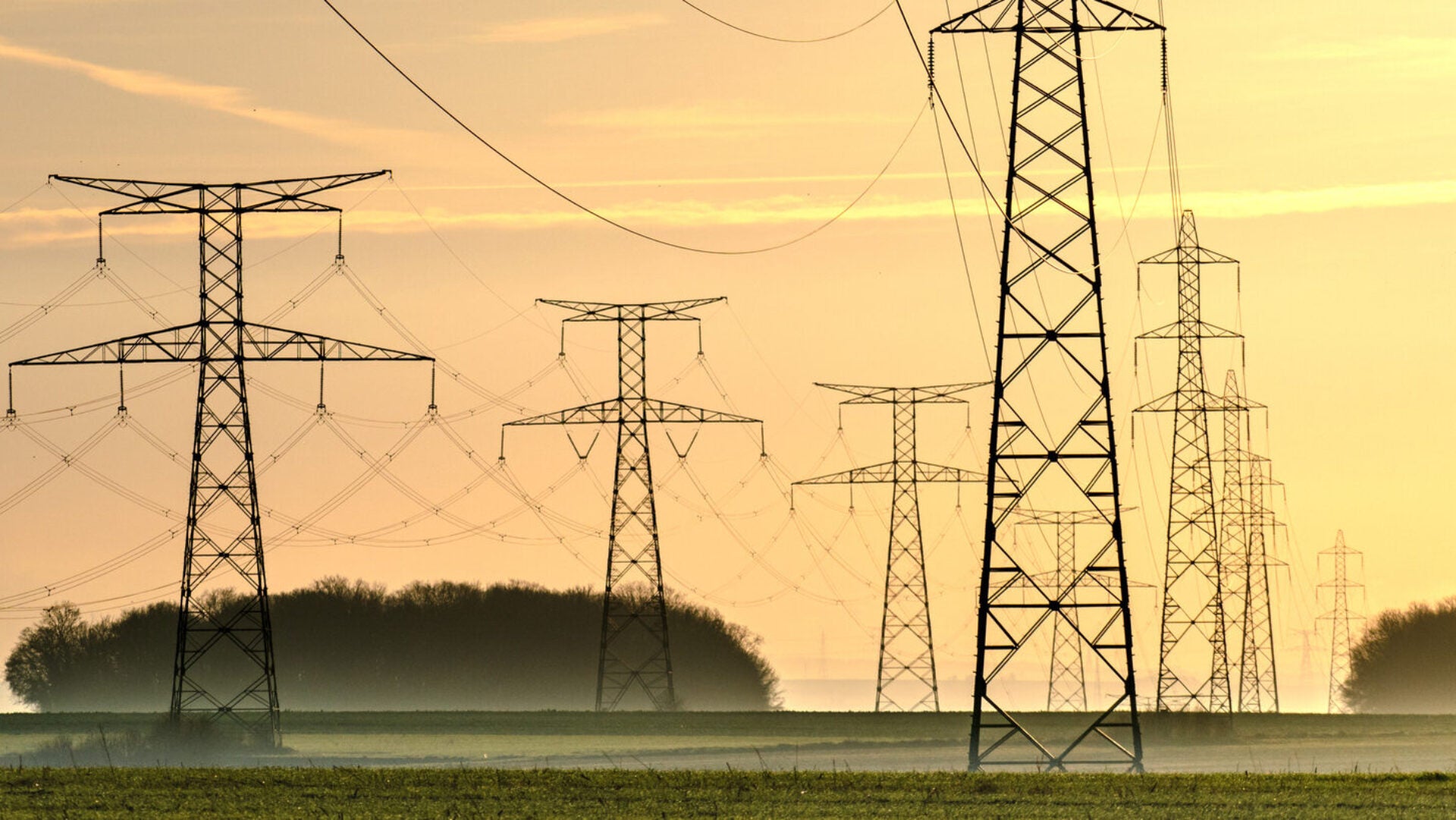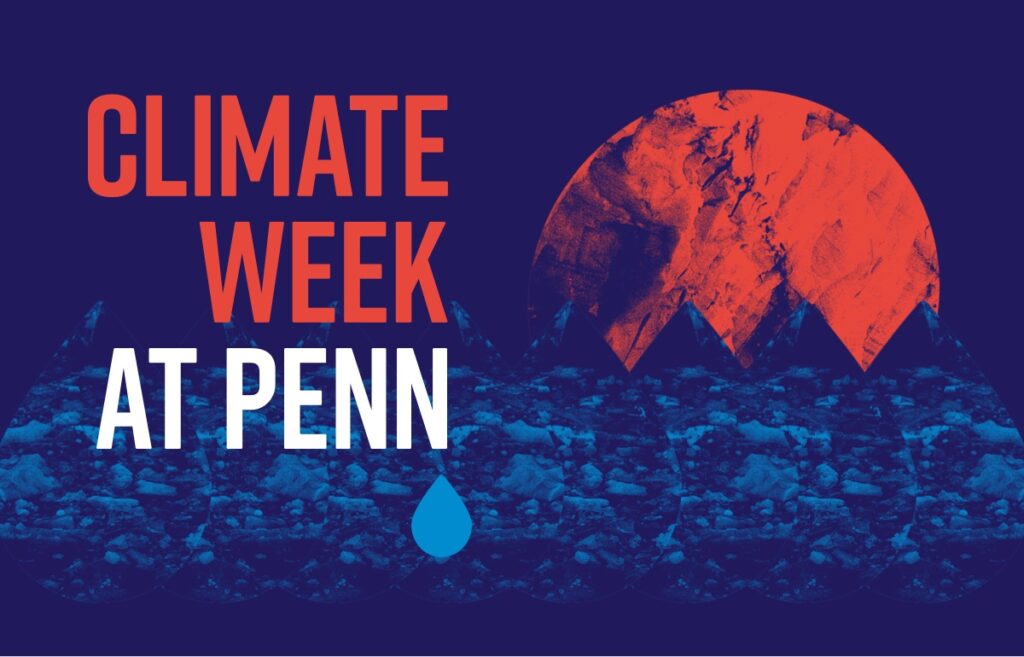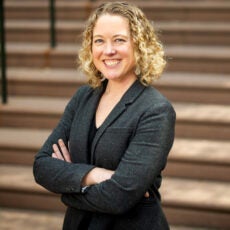
The Human Costs of American Energy in Transition
Event Summary
Energy Policy Now host Andy Stone moderates a discussion with energy scholars Sanya Carley and David Konisky about their new book release, “Power Lines”. This will be a critical conversation unpacking the human‑centered complexities of America’s energy transition.
In the United States, the promise of a green-energy future is complicated by its realities. The country’s legacy energy systems are decrepit; the rollout of new technologies is unequal and piecemeal; households find themselves increasingly without reliable or affordable access; and Americans are excluded from the decisions that shape their energy futures. Having power in America has become an exercise in race, class, and wealth—in more ways than one.
Power Lines is a sweeping portrait of American energy in the twenty-first century, rendered in terms of its increasing—and inevitable—human costs. Coal miners in West Virginia lose their livelihoods as energy markets change; historically marginalized households cannot easily access new technologies; children in “sacrifice zones” adjacent to mineral-mining sites suffer health problems and limited resources; and cities and towns are burdened by the production of alternative energies.
In the words of one reviewer, “In an era when far too many of us advocate simplistic ‘solutions’ and technofixes to address the climate and energy crises, Carley and Konisky offer a hard-hitting, much-needed dose of truth-telling that centers people, equity, and justice in how we imagine and realize decarbonized futures. The evidence, analysis, and conclusions in Power Lines are exceptionally strong and will stand the test of time.”
This discussion examines the human-centered challenges of America’s energy transition, highlighting how aging infrastructure and unequal access to clean technologies perpetuate divides across race, class, and wealth. It considers the disproportionate burdens faced by displaced workers, marginalized households, and communities in “sacrifice zones,” while stressing that past inequities and policy missteps must inform future strategies to ensure the clean energy shift is rooted in justice, equity, and community resilience.
Books will be available for purchase at the event. The first 30 registered students to arrive will receive a free signed copy!
This event is part of Climate Week at Penn. Check out the rest of the programming at climateweek.provost.upenn.edu.

Sanya Carley
Mark Alan Hughes Faculty DirectorSanya Carley is the Mark Alan Hughes Faculty Director of the Kleinman Center and Presidential Distinguished Professor of Energy Policy and City Planning at the Stuart Weitzman School of Design.
David Konisky
Associate Dean for Research, Paul H. O’Neill School of Public and Environmental Affairs at Indiana UniversityDavid Konisky is the Associate Dean for Research and a Lynton K. Caldwell Professor at the Paul H. O’Neill School of Public and Environmental Affairs at Indiana University. He also co-directs the Energy Justice Lab and serves as editor-in-chief for the journal Environmental Politics.
Andy Stone
Energy Policy Now Host and ProducerAndy Stone is producer and host of Energy Policy Now, the Kleinman Center’s podcast series. He previously worked in business planning with PJM Interconnection and was a senior energy reporter at Forbes Magazine.



